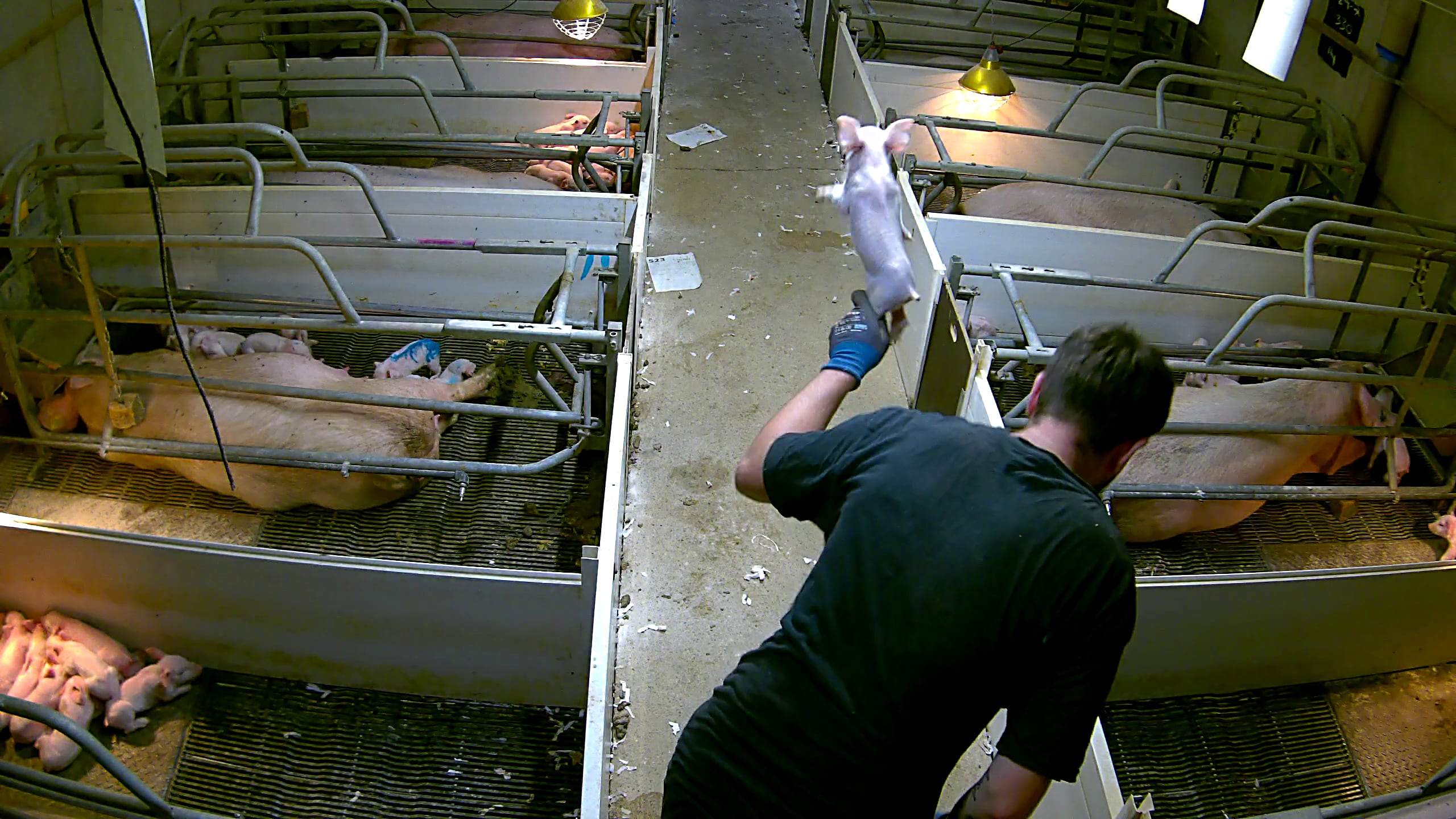The case, brought by Knowsley Council, saw Asda plead guilty to six offences under the Food Safety and Hygiene (England) Regulations 2013 (SI 2013/2996), resulting in a £130,000 fine and £11,000 in legal costs.
The violations occurred at Asda’s Huyton Lane superstore, where Environmental Health officers discovered 59 expired food items during inspections in February and March 2024. Despite prior warnings and advice from the Council to improve date-checking procedures, the retailer failed to take adequate corrective action, prompting legal proceedings.
This is not an isolated incident. Asda has faced similar prosecutions in Derby and Cornwall, where substantial fines were imposed for selling out-of-date food. These repeated breaches highlight systemic issues in retail food safety management and underscore the need for more robust regulatory enforcement.
Asda response:
Asda told Food Manufacture that at the time of the investigation a different date code checking process was in use. A new updated process has since been introduced (rolled out November 2024), which involves daily manual checks on all short-life products and twice-weekly checks on every-long life product.
The Regulatory framework
The Food Safety and Hygiene Regulations 2013 mandate that food sold to consumers must be safe and not past its use-by date, which is a critical indicator of microbiological safety. Breaching these regulations not only endangers public health but also erodes consumer trust.
Local authorities, empowered to enforce these laws, play a vital role in safeguarding food standards. However, the Asda case suggests that warnings alone may be insufficient, and that proactive inspections and swift legal action are essential to ensure compliance.
Implications for the retail sector
Food safety is a non-negotiable priority for retailers. The health risks posed to consumers are unacceptable and the reputational damage and financial penalties associated with non-compliance are significant. To ensure compliance retailers should:
- Strengthen internal auditing and date-checking protocols
- Invest in staff training on food safety standards
- Implement digital inventory systems to flag expired items
- Collaborate with regulators to ensure best practices
Moving forward
As food supply chains grow more complex, so do the legal and regulatory risks facing retailers. The recent conviction of a major retailer such as Asda serves as a clear reminder that food safety is not optional—it is a legal and ethical obligation.
With the right legal support, retailers can turn regulatory obligations into opportunities for stronger governance and consumer trust.
About the author
Julie Gowland joined Birketts in December 2013 and is a partner and head of licensing within the regulatory and corporate defence team.

She forms part of the firm’s food and beverages team, and has more than 20 years of experience and expertise acting for individuals and companies in the food and beverages sector. Her extensive experience allows her to navigate complex regulatory matters and provide clients with strategic advice in a variety of legal matters.




